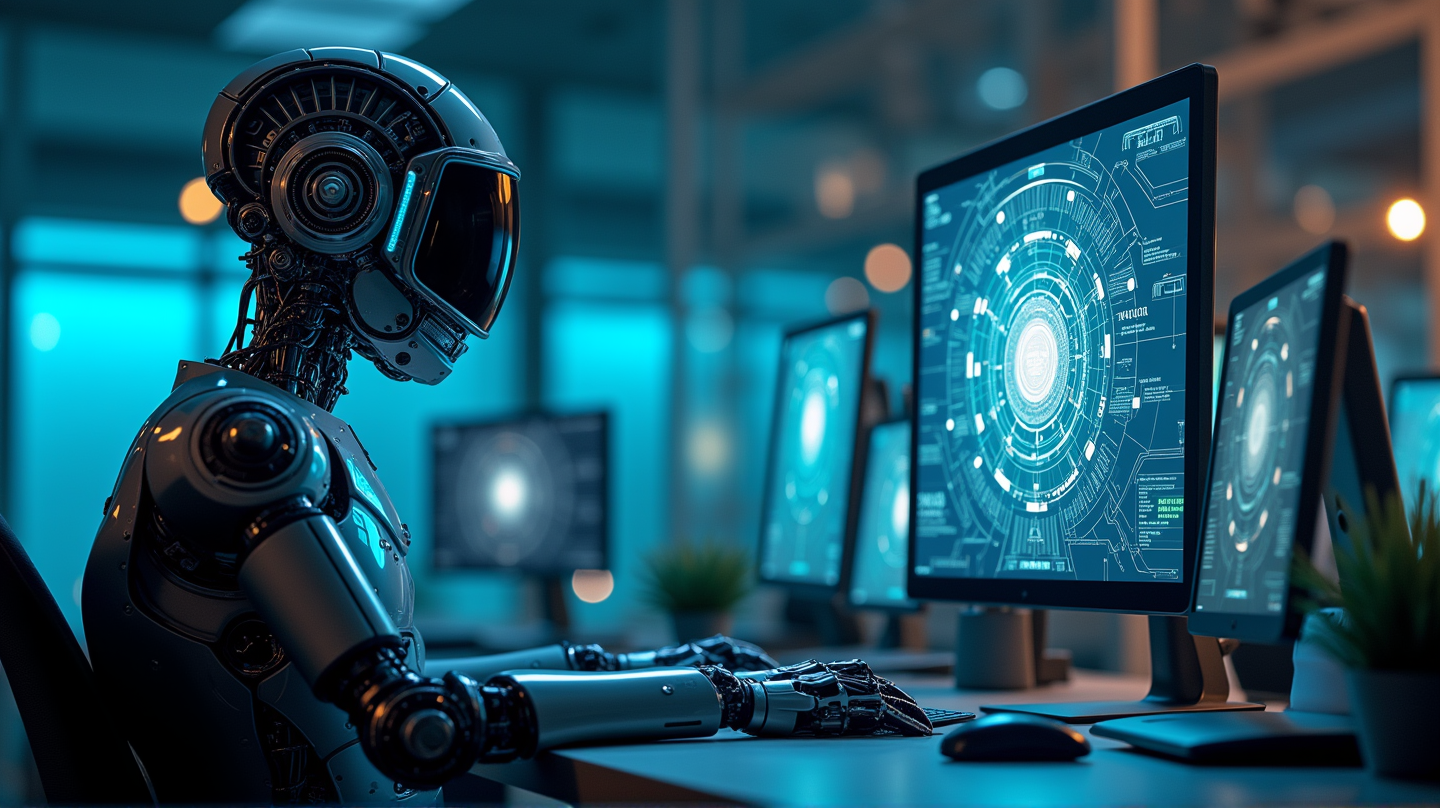The growth of artificial intelligence isn’t just hypothetical anymore—it’s a tangible reality reshaping industries, especially within Silicon Valley. But what happens when this high-tech revolution starts claiming jobs? It’s a pressing question in today’s market as companies increasingly incorporate AI to enhance efficiency and cut operational costs.
Salesforce’s Shift to AI
Mark Benioff, CEO of Salesforce, recently revealed that AI is now responsible for handling between 30% to 50% of his company’s workload. He candidly admitted that this technological advance has allowed the company to reduce its workforce by about 1,000 positions. Yet, there’s a silver lining: with the increasing reliance on AI, new roles in sales and maintenance have emerged, offering opportunities for professionals to pivot into fresh fields.
The Broader Industry Impact
Salesforce isn’t alone. Other giant corporations like Amazon are embracing AI technologies in similar ways, aiming to optimize their operations and streamline tasks once managed by human employees. The ripple effect is felt across Silicon Valley, catalyzing an employment metamorphosis and challenging workers to adapt.
A Personal Tale of Transition
What happens when your job is displaced by artificial intelligence? Just ask Mark Quinn, who found himself at a crossroads when AI overtook his role. Now working at Pearl, a San Francisco-based AI search platform, Quinn shared his journey of resilience and reinvention to reclaim his place within the industry—one that had seemingly written him off.
Balancing Opportunities with Displacement
While the idea of job loss is daunting, this transformative phase also bears potential for growth. Industries are not only observing reductions in certain roles but are also seeing the creation of new positions that leverage AI-driven tools. It’s a testament to the fluid nature of employment landscapes in the digital age.
Facing the Future
Navigating this evolving terrain requires both foresight and adaptability. As stated in NBC Bay Area, embracing continuous learning and retraining is essential for employees to remain competitive and secure in their careers. The confluence of AI and employment presents a strange paradox—but it also beckons us towards innovation and an ever-evolving labor market.
